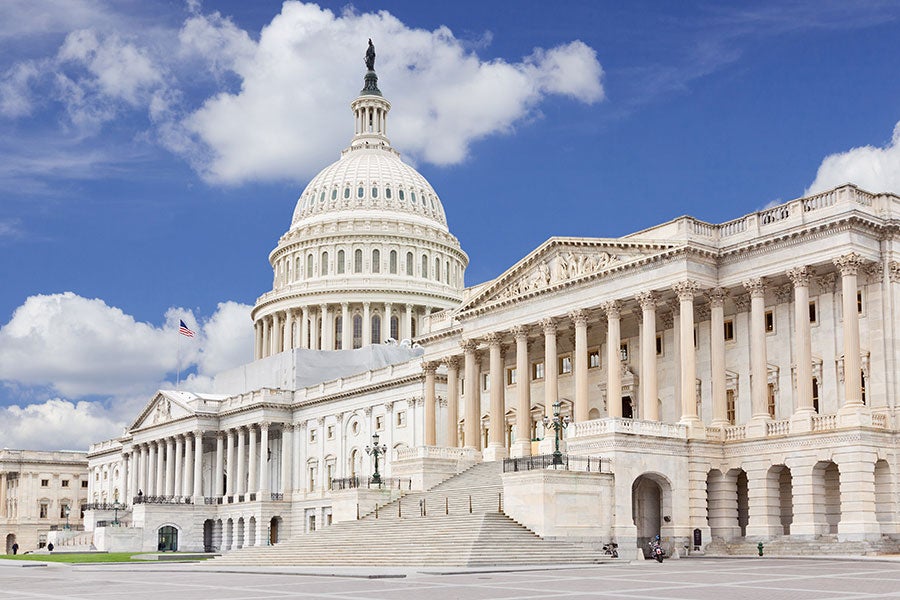The House Energy and Commerce Subcommittee on Health and Ways and Means Committee Jan. 22 hosted hearings on health care affordability that included testimony from leaders of five major commercial health insurers: Stephen Hemsley, CEO of UnitedHealth Group, David Joyner, chairman and CEO of CVS Health, Gail Boudreaux, president and CEO of Elevance Health, David Cordani, president, CEO and chairman of the board of The Cigna Group, and Paul Markovich, president and CEO of Ascendiun. Both hearings focused on rising health care costs and access challenges under commercial coverage. The AHA shared statements with both committees that discussed the current landscape of affordability and how the insurance market has driven health care costs upward.








